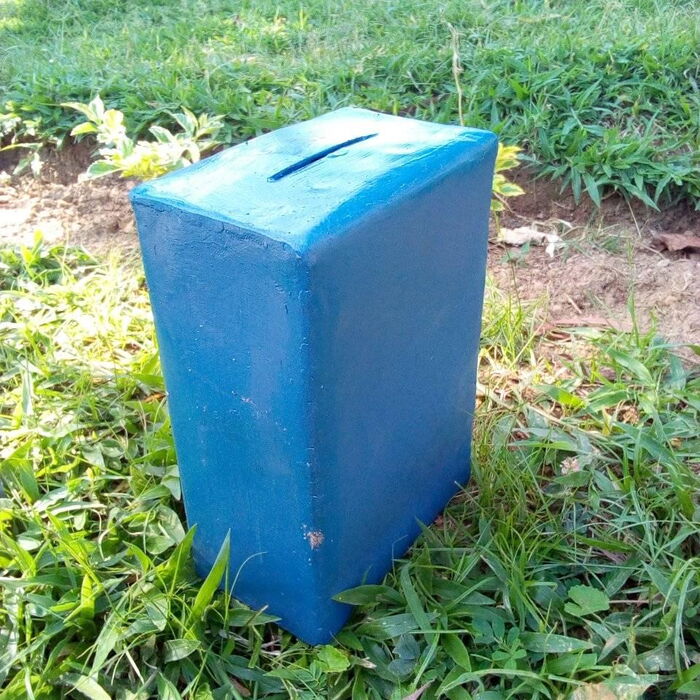New years mean that most of us have set some financial goals we aim to achieve by year-end. There are numerous avenues to save and invest in order to achieve those goals.
Some people choose to use mobile banking by depositing a certain amount in regular intervals to their accounts. Others swear by the bank, investing in shares and bonds. The enterprising ones inject their savings into their businesses to make it grow.
However, a good number of Kenyans are increasingly going back to piggy banking to save up their money. Whether their goal is to save up for a vacation or to reach the required capital to fund their businesses, they are devising every sort of plans to stash away their extra coins at the comfort of their homes.
Why piggy banking
Traditionally, piggy banking has been known for saving up the extra coins lying around for domestic use.
Some parents use it to influence a saving culture in their children's lifestyles. Instead of spending all the coins they get on candy, the children learn to save up for that toy in the local mall they have been eyeing.
It is also a way to beat impulse spending by avoiding having the cash at your disposal. Instead of making unnecessary purchases, home-banking instills a saving discipline in an individual.
A Facebook community, popularly known for its indispensable investment ideas for all members of society, mobilized its members to save up money for their different goals in a program christened the 52 Weeks Savings Challenge.

Sample Piggy Bank
Most members have lauded the home banking system for being convenient, loving how easy it is to just stash away your extra coins without the hustle of taking time to visit the bank, or without having to incur the charges mobile banking sometimes requires.
Who it is for
Piggy banking is for people who want to save up for goals at their own convenience.
For everything to work, however, you require to set goals that would be a strong motivating factor to save.
You may choose to save up for that Zanzibar tour you've been dying to have, or that dining table set you need to complete your interior decor project.
It could also be a good method to save the seed capital you require to start that business you have been dreaming about.
The key is to develop a strategy that ensures that in regular intervals, a given amount of money is stored away in your piggy bank to fund this goal.
You might opt to save Ksh 100 at the end of each day, or the same amount biweekly, adopt whichever method that works for your goal.
One has to save religiously, ensuring that every coin that would initially have been spent unnecessarily goes to the piggy bank.
At the end of the saving period, you have to break your bank, get out all the saved money and start all over again.
Cons
Temptations to break your bank will be high, especially every time you encounter an emergency. Of course, it is very tempting knowing that somewhere in your house, stashed away, is a container with money waiting to be spent.
Every time you are scrolling through your favorite online store, you will be tempted to break your bank to purchase that latest arrival on discount
Most members in the 52 Weeks Savings Challenge admitted to having severally taken out money from their bank prematurely.
Some resulted in solving this problem by tucking their coins in narrow-necked bottles that required breaking or cutting to get to the money.
Other members reported their disappointment after discovering that while they were busy saving, someone else had discovered their home banks and stolen the money.
Secondly, having the cash in a 'bank' in your house exposes it to all sorts of sabotage, say, a fire broke out. The money would go up in flames.
Also, the cash stored in the piggy bank does not grow as it would if injected into business or saved in the bank to earn interest.
While Piggy banking is not 100 percent effective, it could be a good way to discipline yourself against impulse spending.
Even that single shilling lying aimlessly could add up to a big amount when added to the amount in your home bank. The key is to be disciplined and committed towards your goal.












